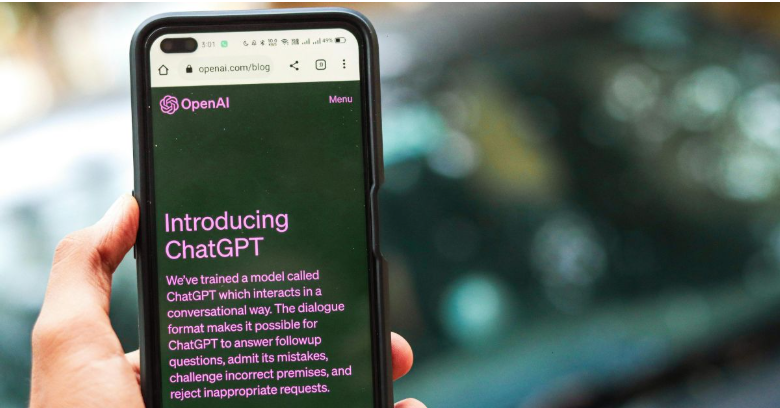Think of your website as your hotel’s digital concierge. AI tools rely heavily on the content they find on your website—so it needs to be both informative and clearly structured.
Make sure to:
- Use headings (H1, H2, etc.) and clear page structures
- Include dedicated pages or sections for key details: location, room types, pricing, amenities, accessibility, dining, etc.
- Optimise your site for mobile and ensure fast load times
- Use common search terms that travellers are likely to use (e.g. “dog-friendly hotel near Lake Windermere”)
Example:The Pig Hotel chain does this well—each property has a well-structured site with rich descriptions, photos, and local tips, making it easier for AI to identify and recommend them.
2. Implement Schema Markup (Structured Data)
Schema markup is behind-the-scenes code that helps search engines and AI tools better understand your content. For hotels, this means tagging important information like star ratings, check-in times, amenities, and reviews.
Use schema.org/Hotel to tag:
- Address and contact information
- Amenities (Wi-Fi, spa, parking, etc.)
- Check-in/check-out times
- Guest reviews and ratings
- Booking links or call-to-action buttons
Why it matters: Perplexity and ChatGPT increasingly reference data that’s structured and machine-readable—schema helps you become part of that ecosystem.
3. Be Present on High-Authority Travel Platforms
AI tools pull answers from platforms they trust. If your hotel isn’t listed (or is inconsistently listed), it’s less likely to show up in AI responses.
Key platforms to focus on:
- Google Business Profile
- Booking.com
- TripAdvisor
- Expedia
- Yelp (particularly in the US)
- Local tourism boards and destination directories
4. Encourage and Manage Reviews Strategically
Reviews not only influence human guests—they influence AI. Language models frequently pull review data to evaluate trust and relevance.
To do:
- Encourage guests to leave reviews after their stay (ideally across multiple platforms)
- Respond professionally to both positive and negative feedback
- Highlight strong reviews in your own marketing (e.g. “As seen on TripAdvisor”)
Why it helps: AI tools often cite or summarise reviews to support recommendations, especially when a query involves quality, cleanliness, or guest experience.

